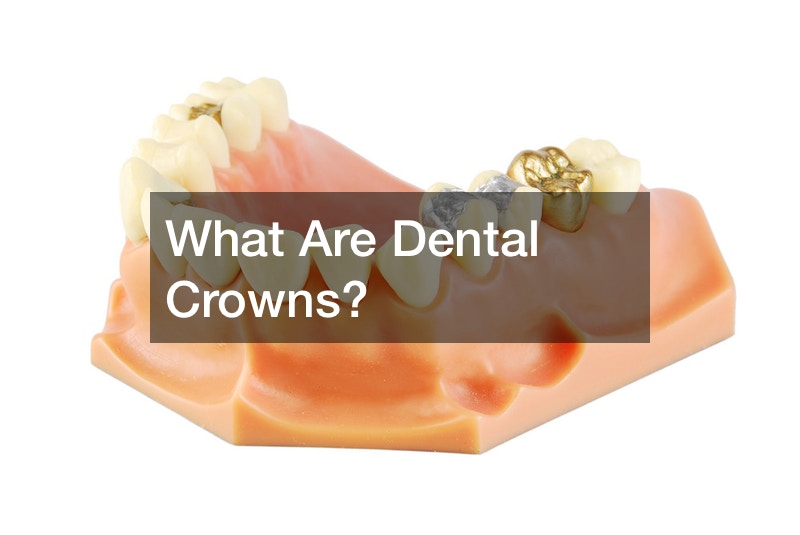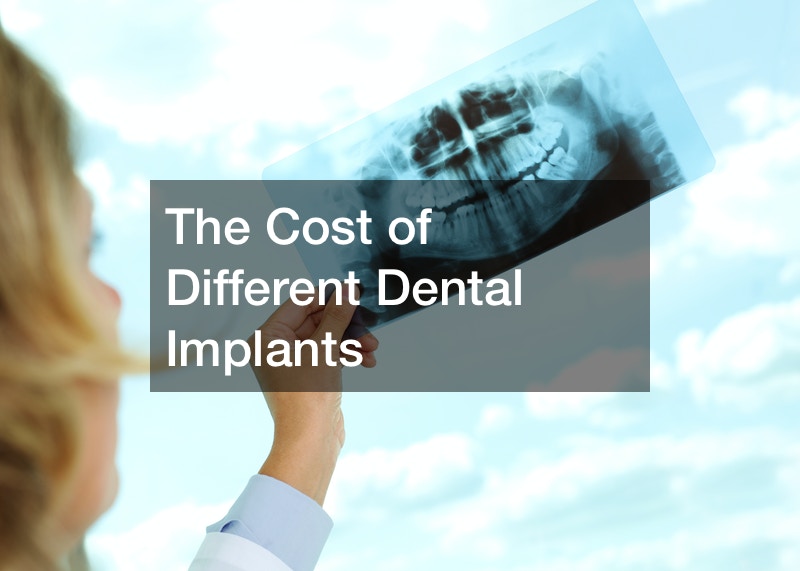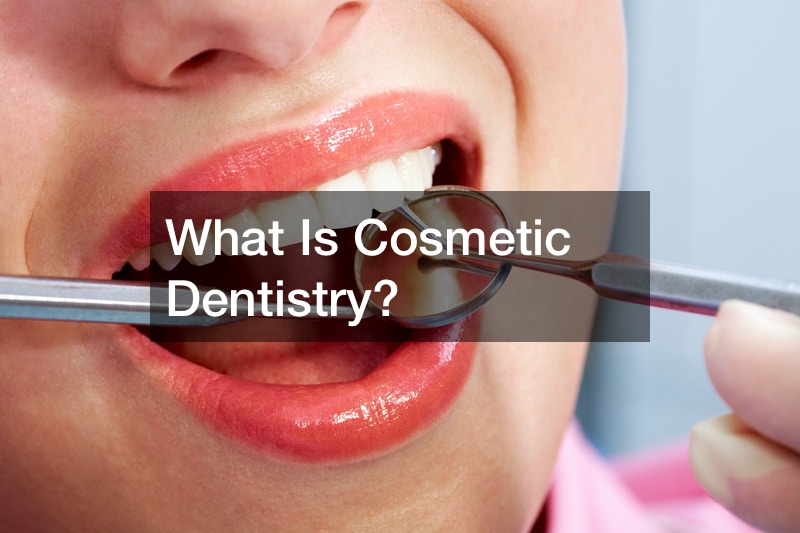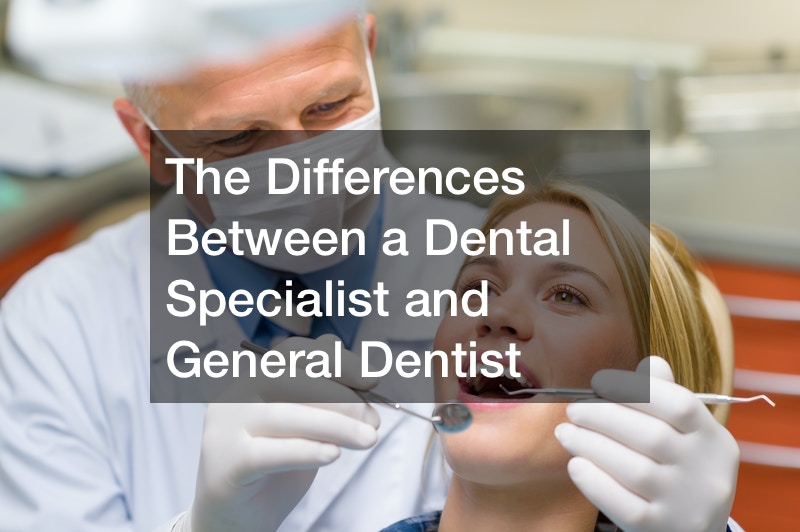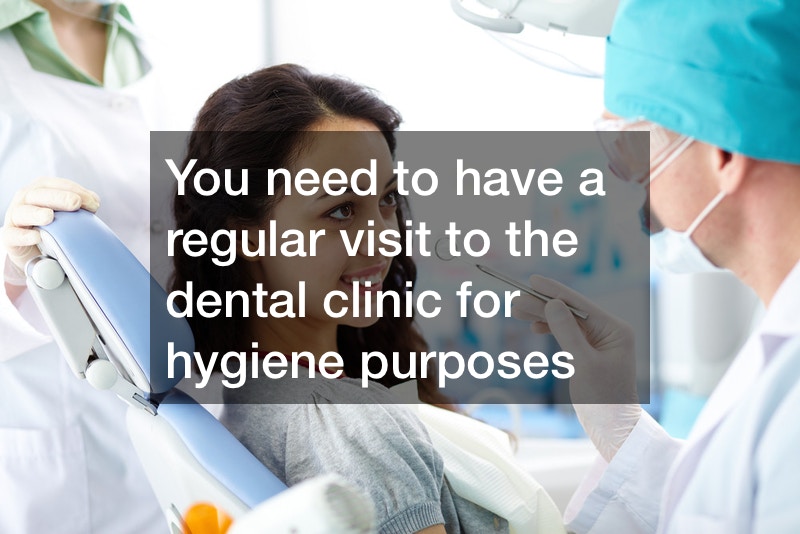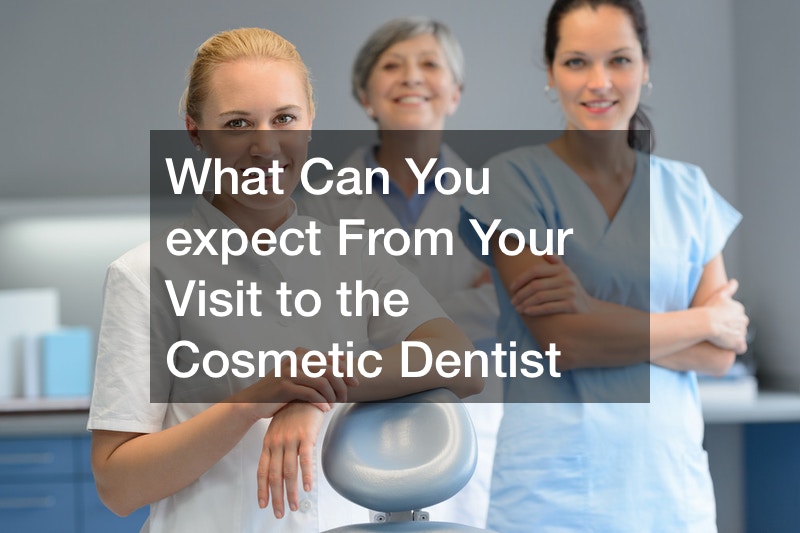As we get older, our teeth become more fragile. This can be due to cavities […]
Price of Affordable Braces
Braces are something that you do not usually have much knowledge on until it comes […]
What Will a Dental Marketing Company Do For You?
If you own a dental office, you need to worry about your marketing. This is […]
Teeth Cleaning Secrets
If you are wondering what you can do to make your dental experience better, you […]
Fast Teeth Whitening Services
Video Source If you’re unhappy with your smile, a potential fix can be provided with […]
The Cost of Different Dental Implants
Many lost their confidence due to a lost tooth. Dental implants are the best for […]
What Is Cosmetic Dentistry?
Cosmetic dentistry is a great option for improving the look and feel of your teeth […]
The Differences Between a Dental Specialist and General Dentist
A dental clinic is a go-to clinic whenever people experience a problem with their teeth. […]
Ask This Question to Yourself Before Making an Appointment with the Dentist
If you are planning to book an appointment with the dentist, there is something that […]
What Can You expect From Your Visit to the Cosmetic Dentist
In this video, you will learn the details of visiting the cosmetic dentists. First of […]

